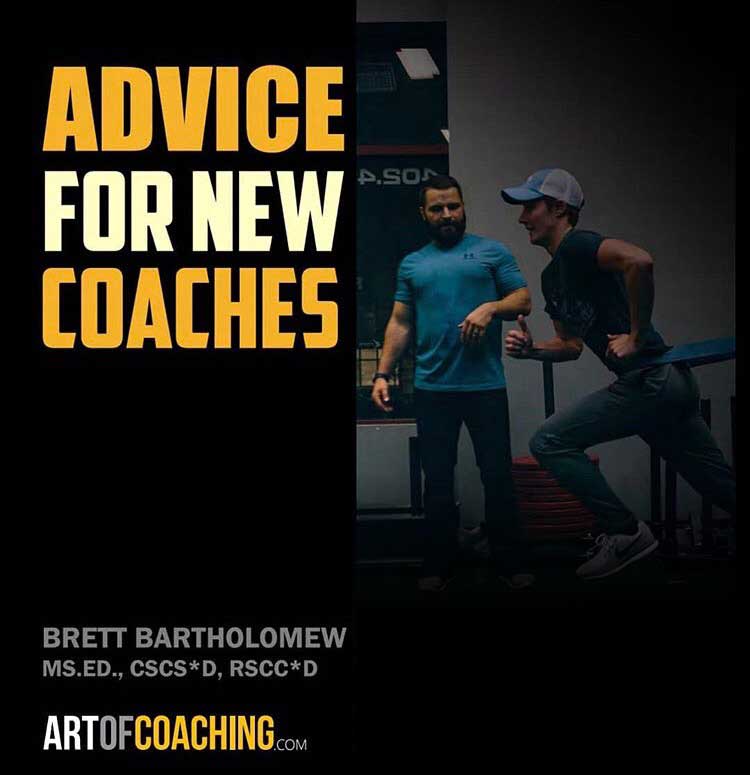Impactful ideas that create lasting change are not cultivated linearly.
For as much as people often tout the benefits of being hyper-focused on a singular project at a time, the truth is that it takes a cross-pollination of influences and experiences to spark the perfect balance between ideation and application.
What do I mean by this? Stated simply, stay curious.
There is a reason that we are often the most freely creative when we are children-no I’m not going to get into topics related to neurophysiology or developmental anatomy here- what I am speaking to is the simple fact that as we mature and become a bit more “rational” in our thinking, that we also tend to become better at creating self-imposed obstacles for our thinking and our actions. While in the process of doing so, we like to believe that we are “editing” our thoughts when in reality we are limiting potential future access points for ideas that can help others.
Instead of day-dreaming about possibilities, we begin to prematurely stifle opportunities that may have been born out of early creative processes. The same processes that are necessary for leaps of a greater magnitude to occur.
Over the long-term, finding more and more reasons as to why something may be nice to think about but “cannot be,” can negatively impact everything from our ability to problem solve, communicate and even our ability to complete a task since we essentially have a smaller “cache of ammo” to draw upon when trying to discover solutions that may have otherwise not been right in front of our face. Processes which we once found to be enjoyable or rewarding can quickly erode into becoming onerous.
When you feel this way, this is when you need to go back to making your own rules! Sure, regimented practice, and deep-work has its place, but so does allowing your mind to wander. Regardless of what productivity bloggers and the shiny book-covers of the latest “how-to” tomes displayed in airports would lead you to believe, our minds tend to work most efficiently when we actually step-away from what we have been fixating on work wise and partake in some form of relaxation or recreation. This incubation period in and of itself is productive in the same way that taking a recovery day after a series of physiologically strenuous training sessions is productive. It’s what helps you replenish while others who don’t heed this advice begin to diminish.

It’s great to draw inspiration from others who seem to have found a “flow” of their own, but long-term you will benefit the most by allowing yourself to find a process that works for you, even if it means breaking some of the traditional rules of productivity. This article and the manner in which I will be using Medium or another blog in the future is an example of me trying to take my own advice. In the past, aside from when I was working on my book or online course, I have largely abstained from writing due to the fact that all of the associated rules and expectations stressed me out- and to a degree still do. Whenever I would sit down to share some thoughts, I pressured myself to write an article that I thought would be reflective of someone who is solely an author by trade- I’d read books and articles by the likes of Ryan Holiday, Nassim Nicholas Taleb and The Heath Brothers and then feel like I too, HAD TO write or approach an article or piece of literature as they did. I was wrong.
Truth be told, while I deeply appreciate the writing styles of the varied authors mentioned above, personally, it’s the short, simple, raw-yet-refined writing style of people such as Seth Godin which I identify most with. Some of his posts are so short that you would even hesitate to refer to them as an “article” yet they remind you that simplicity is the ultimate sophistication. I’d often find myself trying to scroll down further to see if I somehow missed a link for the “full post” only to discover that the 4–8 sentences he may have written that day truly was the entirety of the article.
Seeing this allowed me to exhale, and served as a powerful reminder that there really are no rules– that is, as it pertains to open-ended thought sharing. Every article doesn’t need to have a litany of citations, they don’t all need to be “game-changers” and they certainly don’t have to be concentrated solely around one topic even if your goal is to be considered a subject matter expert in your field. Your thoughts can be raw and varied as long as they are helpful. Some of the most innovative minds in history like Leonardo DaVinci serve as the paragon of this type of “universal knowledge” which was reflected in his notes on topics ranging from human anatomy to painting and even engineering. He was endlessly curious about everything, and each new idea fed the other and manifested itself into a creative portfolio that would make the voices of even some of the industrious minds of today seem a bit muffled by comparison.

You also shouldn’t try to write for everybody. When you share in a way that is sustainable, honest and enjoyable for you, the work will speak for itself, and your audience will eventually find you and appreciate your content that much more. You don’t need me to tell you that not everyone is going to like you, or the work you do in life. Nobody-even the likes of the legendary musician Miles Davis who somehow has more than 1,600 “thumbs down” YouTube votes on one of his most famous songs of all-time– is immune from this fact. Yet had he been alive today, the critics wouldn’t deter him, nor should they deter you.
Interestingly enough, as you begin to push yourself to grow more and more through creating and sharing content (as opposed to only consuming it), you may even find that the only critic you’ve been running from all this time, is yourself.
Though I’ve written a best-selling book, blogging/writing more frequently is new to me, and not something I enjoy nearly as much interacting with others face to face directly. That being said, I want to hear from you. If you enjoy these “raw thoughts” and quick reads on varied topics, let me know in the comments below and I’ll keep at them.
You can also check out more of my work via my personal website https://brettbartholomew.net/ where you can sign-up for my newsletter.
I hope to hear from you!



